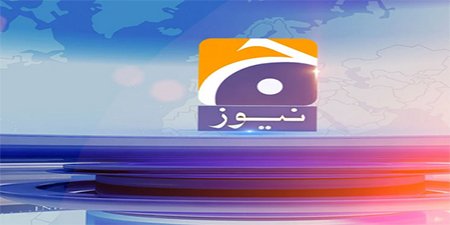Once again, Pakistan’s mainstream media is facing public criticism for spreading false news. This time, Geo News and its senior reporter, Azaz Syed, are under fire for claiming that former U.S. President Donald Trump would visit Pakistan on September 18. The report turned out to be false, as Trump’s official schedule confirmed he would be in the UK on those dates. After backlash, both the reporter and Geo News apologized and admitted the report was “premature.”False news in Pakistani media.
However, this is not an isolated case. Pakistan’s media industry has a long history of spreading unverified or fake news. In August 2024, Samaa TV claimed that a former jail official was arrested. Later, a video showed him calmly drinking tea at home. In 2022, well-known journalists shared a fake letter about the Foreign Minister, even though it had already been declared fake the year before. In 2017 alone, several channels received warnings for fake news about bombings and plane crashes.
These incidents show a clear pattern of careless reporting and weak fact-checking. Whether it’s a fake school event presented as breaking news or false claims about Indian soldiers’ deaths, the result is always the same: public trust in media continues to fall.
There is an urgent need for change. News organizations must verify their sources before publishing. Editorial checks should be stricter, and corrections must be made openly and honestly. False news in Pakistani media. Regulatory bodies must also hold media channels accountable for repeating mistakes.
Until truth is valued as much as speed, the quality and trust in Pakistani news will keep declining — along with their viewership.


